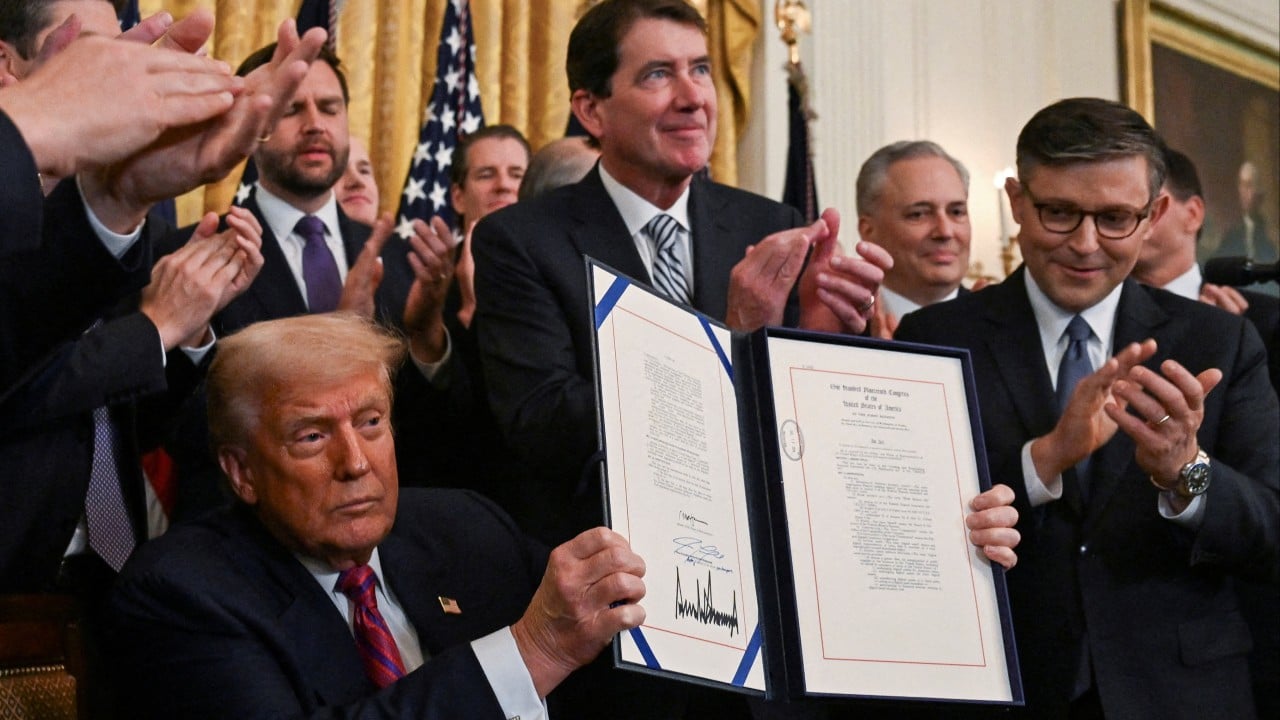How do we know when a stock market boom is about to end in a bust, or when an asset bubble is about to burst? There is little point in looking to market practitioners or analysts for objective answers as they are generally too anxious to preserve their market-linked bonuses.
Advertisement
But what about economists – at least those who either still work in academia or for multilateral institutions such as the International Monetary Fund, rather than investment banks? Surely those who have no vested interest in keeping the market mood music going can be relied on to offer objective advice.
This was my thought years ago, when I was fortunate enough to talk to economics guru Stanley Fischer, deputy head of the IMF at the time, during a reception in Shanghai. Could he, I asked, direct me to some literature on the subject of asset inflation, which had by then manifested itself as a root cause of financial crises?
His answer was disturbingly frank. Asset inflation, he said, was a greatly understudied and misunderstood subject, given its role in periodic financial crises. Coming from a man whose students at the Massachusetts Institute of Technology (MIT) included future leaders of major central banks, this was a revealing statement.
Fischer (who died this year) referred me to a paper delivered at the Jackson Hole central bankers’ symposium. While I found it enlightening, given the way asset bubbles have continued to grow and pop since then, there is little reason to believe that policymakers study bubble economics any more closely now than they did in Fischer’s day – despite the fact that the advent of cryptocurrencies has added fresh layers of risk.
Advertisement
On the other hand, close attention is paid to what economists term current price inflation; that is, a continuous increase in the price of anything from a loaf of bread or a bowl of rice to a train ticket.

